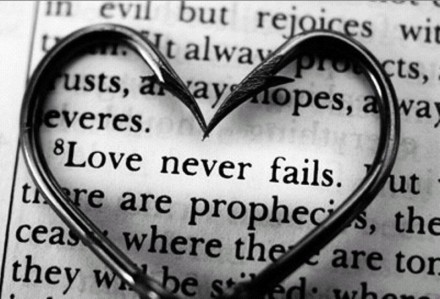Do you remember Jim Bakker? Of course you do. To be honest, I had to look up how he had “fallen from grace.” It was a sex scandal and accounting fraud that led to his imprisonment and divorce, according to Wikipedia (the source of all knowledge – ha!). He is now out of prison, remarried, and pursuing ministry. He is being used by God again.
I recently heard of a pastor preaching a sermon entitled, “I am Jim Bakker.” In his sermon, he detailed, to the horror of his wife, kids, and congregation, how sinful he truly was. He was not guilty of the infamous sins that Jim Bakker was imprisoned and “defrocked” for, but, in no uncertain terms, let it be known how sinful he was — in word, thought, and deed.
The apostle Paul did the same thing in an even more open forum, the Bible. He is, from the grave, constantly reminding us of who he was and what he had done. He persecuted Christians, leading to their imprisonment and death. He was a not-so-innocent bystander at the stoning of Stephen (Acts 7:58). He was a murderer or at least an accomplice.
He reminds us of this in his first letter to his mentee, Timothy:
“Here is a trustworthy saying that deserves full acceptance: Christ Jesus came into the world to save sinners—of whom I am the worst.” (1 Timothy 1:15)
The writer of almost half of the New Testament tells us how bad he is. “The worst,” he says.
Somehow, I think we ALL can say that. I know I can. When faced with the holiness of God, I know I can call myself a sinful man. If you only knew. Like Paul and like that pastor who preached the sermon, I can declare that I am a sinner. Everyday. Plain and simple. Cut and dried.
But Paul continues and thankfully offers hope and shows us our purpose at the same time. He continues:
“But for that very reason I was shown mercy so that in me, the worst of sinners, Christ Jesus might display his immense patience as an example for those who would believe in him and receive eternal life.” (v.16)
God wants to use me and you to show His love, patience, and glory. He uses our brokenness to minister to others. What the enemy means to destroy us, God can and does redeem for His glory! I’ve seen this in my own life and in lives around me more times than I can count.
In a recent interview, Jim Bakker said:
“I’m glad it all happened. Now I can go anywhere and be with anybody in the whole world, and there are no raised eyebrows. I can go into any bar — any social circle of outcasts — and nobody tells me that I ought to be careful because ’people will talk’ and that I will ’hurt my reputation.’ People have already talked, and I don’t have any reputation to hurt. It doesn’t matter anymore. I’m free!”
That’s what walking in the light does. When we bring our secrets out in the open for God to see, we can walk in freedom. When we admit that we’re no better than the next person, we don’t need to point out what the next person did. There are no more masks. No more pretending to be good. We can praise God and His Good News. We can thank Him that He was the only Good One. We can praise Him for what He’s done for us.
And we can join the apostle Paul when he continues in the next verse, “Now to the King eternal, immortal, invisible, the only God, be honor and glory for ever and ever. Amen.” (v.17)
Yes. Amen!











